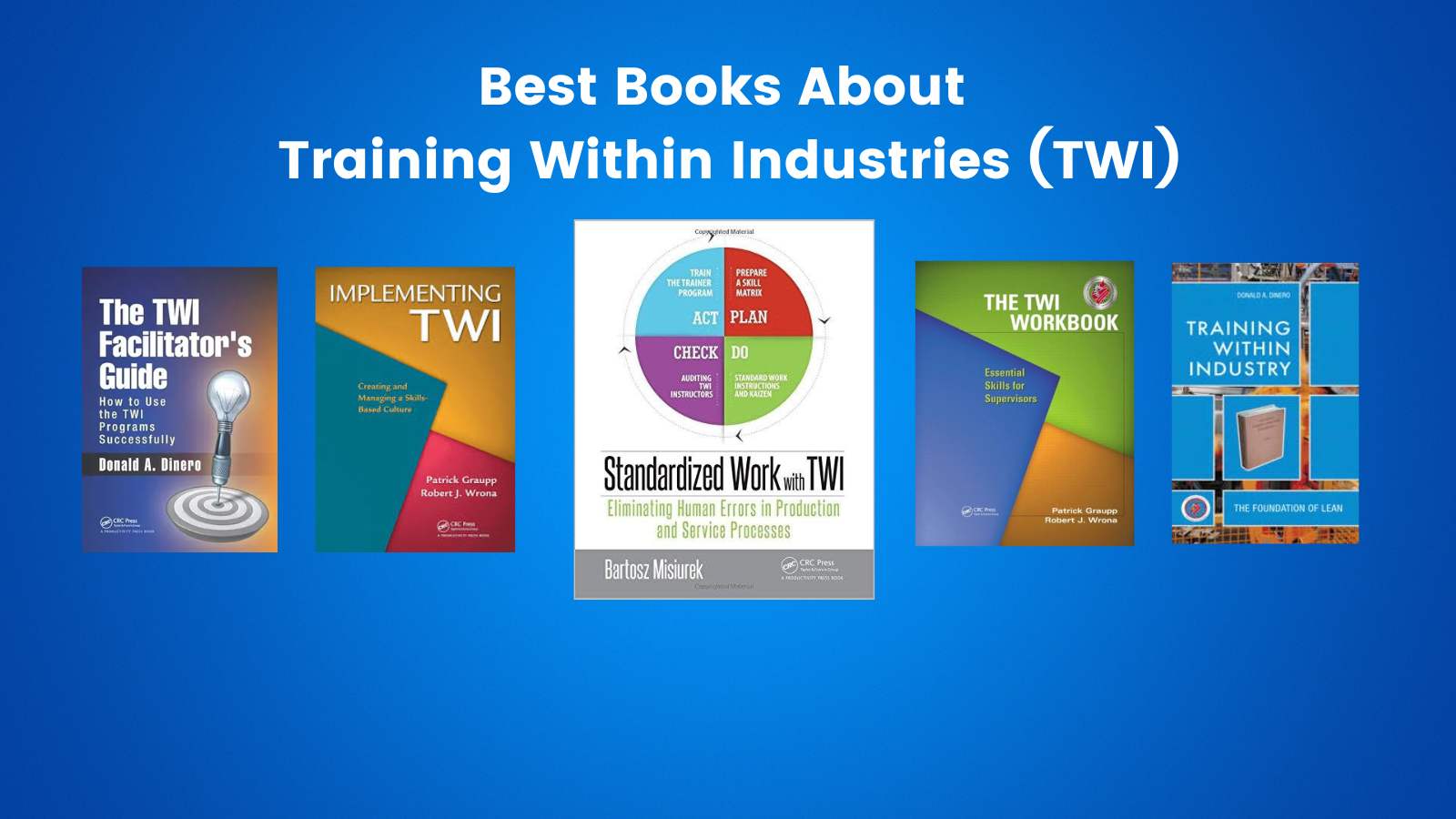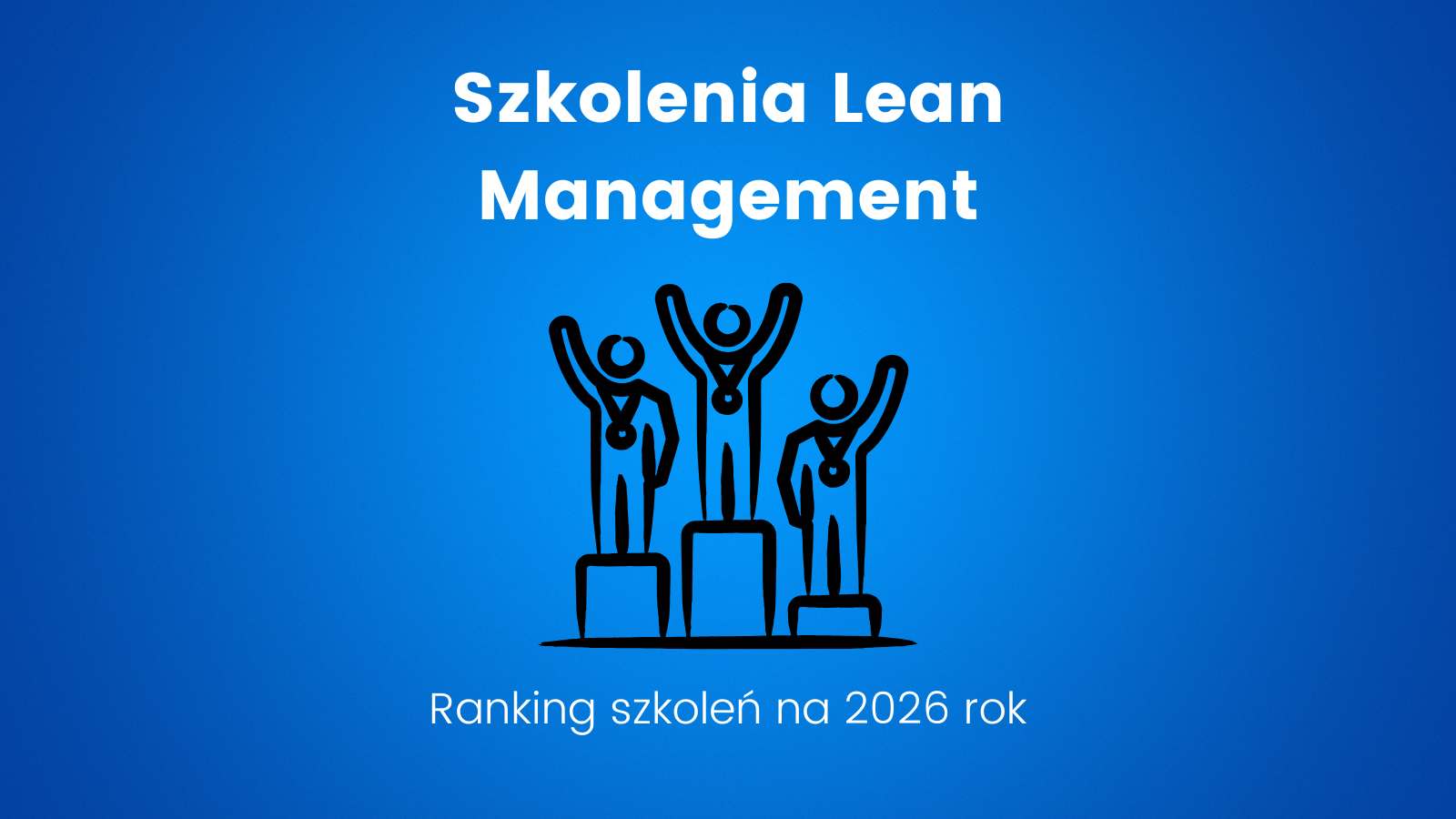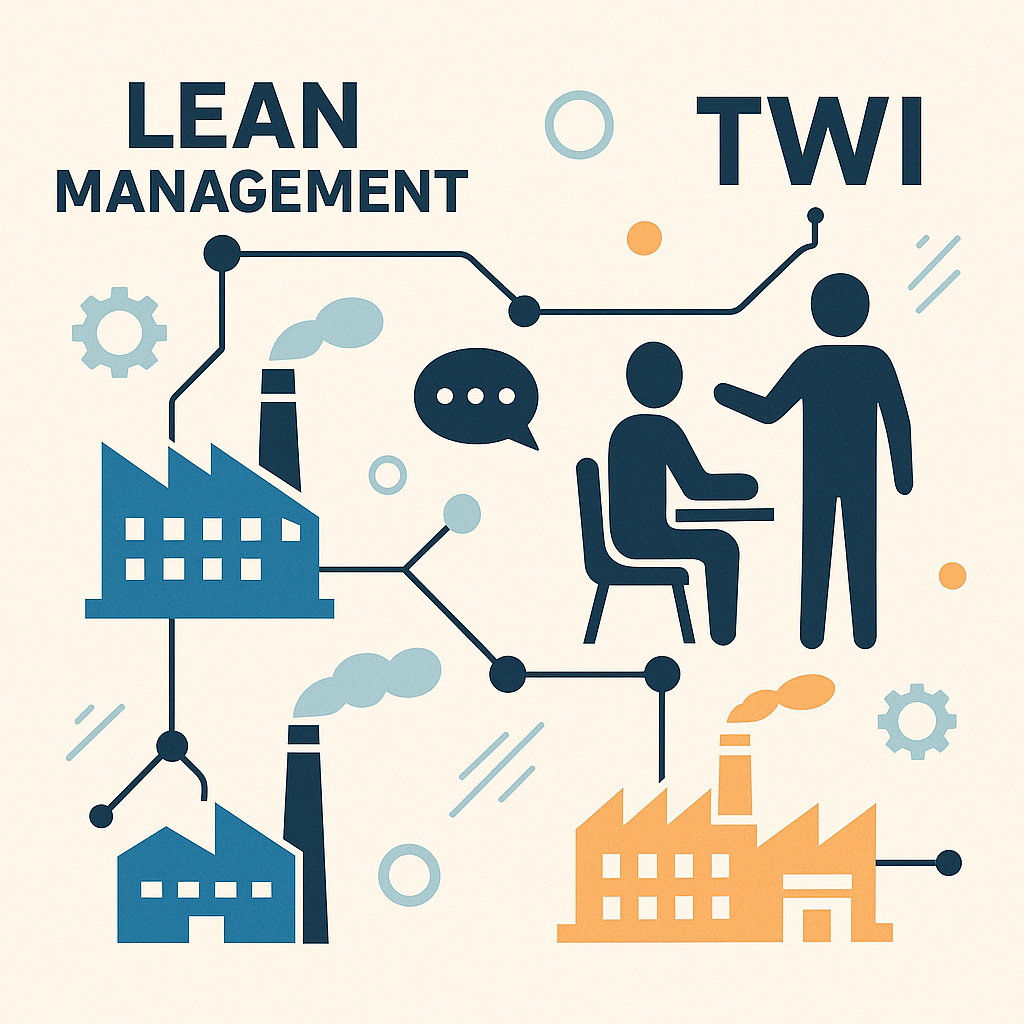How to deliver constructive criticism? Constructive criticism is an important tool in any professional setting, playing a crucial role in facilitating growth, improving performance, and fostering better relationships within teams. It’s an art that, when mastered, can elevate communication, drive positive change, and enhance overall organizational dynamics. Today, I’ll discuss an important topic relevant to every manager and employee: constructive criticism. Constructive criticism can apply to both employees and superiors, aiming to address existing issues and prompt behavioral changes.
Table of Contents
ToggleKeys to Effective Communication Through Constructive Criticism
So, what’s necessary for this form of communication to achieve the expected results? Firstly, a positive intention is crucial—the communicator should aim to gently assist the other party in problem-solving and achieving the desired result more efficiently. A well-crafted message should highlight tangible benefits for the recipient after implementing the suggestions.
Strategies for Delivering Constructive Criticism
Here are 6 ways to deliver constructive criticism effectively:
- Be Specific and Concrete: Focus on facts and their potential consequences.
- Privately Address Concerns: Deliver criticism one-on-one, in an appropriate setting.
- Mind Your Words: Criticize behavior, not the individual.
- Maintain Emotional Control: Approach criticism calmly, avoiding emotions, raised voices, or irritations.
- Balance Criticism with Praise: Acknowledge positives alongside areas for improvement.
- Reframe Negatives Positively: Offer constructive guidance rather than outright criticism.
Benefits Beyond Business Efficiency
The value of constructive criticism extends far beyond its surface implications. It’s a catalyst for growth, an instrument for building stronger relationships, and a cornerstone for organizational success. How to deliver constructive criticism? A well-prepared message with constructive criticism not only offers a chance for achieving desired outcomes more swiftly but also serves as an effective means to enhance overall communication. This is particularly crucial for organizations facing communication challenges.
Do you believe that apart from enhancing business efficiency, constructive criticism also holds the potential to improve team relationships?

I am an effective manager with 17 years of experience in sales management, and customer service, and the practical ability to optimize processes and introduce employee changes. I prioritize sustainable business development by building and cooperating with a team of motivated and committed professionals who identify with the highest work standards.






